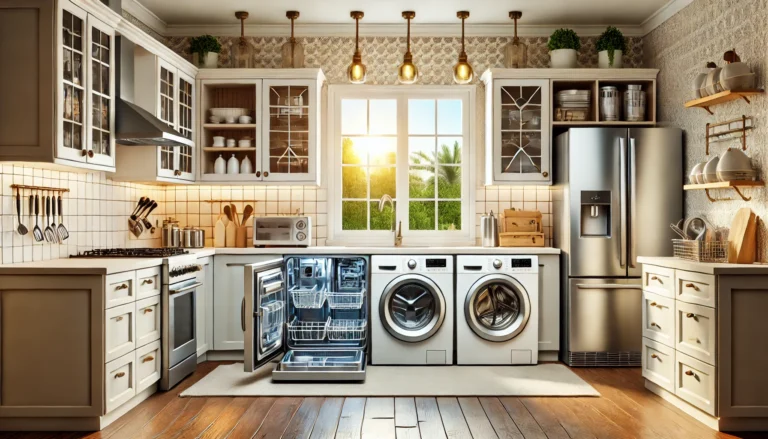In today’s world, where environmental degradation looms large, the mantra of reduce, reuse, and recycle has never been more pertinent. Specifically, the decisions we make regarding our household appliances—whether to repair or replace—can have significant environmental impacts. Fortunately, regulatory interventions offer a promising avenue for promoting sustainability. By delving into how policies can encourage appliance repair over replacement, we can take a significant step towards mitigating environmental harm.
The Problem with Premature Replacement
Initially, the cycle of purchasing new appliances, often instead of repairing older ones, contributes significantly to environmental pollution and resource depletion. Manufacturing new appliances demands substantial amounts of energy, water, and raw materials, while also generating considerable greenhouse gas emissions. Additionally, the disposal of old appliances exacerbates the growing problem of electronic waste (e-waste), which often contains hazardous materials that can harm ecosystems and human health.
The Role of Regulation
Regulatory policies can play a pivotal role in shifting consumer behavior and industry practices towards more sustainable models. These policies can take various forms, each aiming to reduce waste, encourage the repair and refurbishment of appliances, and ultimately extend the lifespan of these products. Here are some key areas where regulatory initiatives can make a difference:
Right to Repair Laws
Arguably, one of the most direct ways to promote appliance repair is through the implementation of right to repair laws. These regulations compel manufacturers to provide consumers and independent repair shops with access to necessary repair information, tools, and parts. Consequently, this not only makes repairs more feasible and cost-effective but also challenges the monopolistic control of manufacturers over repairs, which often leads to higher costs and fewer repair options for consumers.
Extended Producer Responsibility (EPR)
Moreover, EPR policies require manufacturers to take responsibility for the entire lifecycle of their products, including take-back, recycling, and disposal. By extending this responsibility, manufacturers are incentivized to design products that are easier to repair, upgrade, and recycle, thus reducing their environmental footprint.
Incentives for Repair and Refurbishment
Furthermore, governments can encourage appliance repair through financial incentives such as tax breaks, subsidies for repair services, or reduced VAT rates for repair activities. For instance, Sweden has implemented tax deductions for repair services, making it more economically attractive for consumers to choose repair over replacement.
Educational Campaigns and Labels
Additionally, regulatory bodies can support educational campaigns that raise awareness about the benefits of repairing appliances. Introducing labeling schemes that inform consumers about the repairability and lifespan of products can also help guide purchasing decisions towards more durable and repair-friendly options.
Case Study: The European Union’s Ecodesign Directive
Interestingly, the European Union has been at the forefront of integrating sustainability into product design through its Ecodesign Directive. This regulation sets mandatory environmental requirements for energy-using products, including the need for products to be repairable and recyclable. Such policies not only reduce environmental impact but also save consumers money in the long run.
The Path Forward
Ultimately, the transition towards a more sustainable approach to appliance management requires concerted efforts from regulators, manufacturers, consumers, and repair professionals. By implementing and enforcing policies that favor repair over replacement, we can reduce waste, conserve resources, and mitigate the environmental impacts associated with the production and disposal of appliances. As consumers become more aware of the environmental and economic benefits of repairing appliances, the demand for sustainable products and repair services is likely to increase, further driving positive change in the industry.
In conclusion, regulatory policies are indispensable for encouraging appliance repair over replacement, marking a crucial step towards environmental sustainability. By fostering an ecosystem where repairing appliances becomes the norm rather than the exception, we can significantly reduce our ecological footprint and move closer to achieving a circular economy.
For your appliance repairs, contact us here


